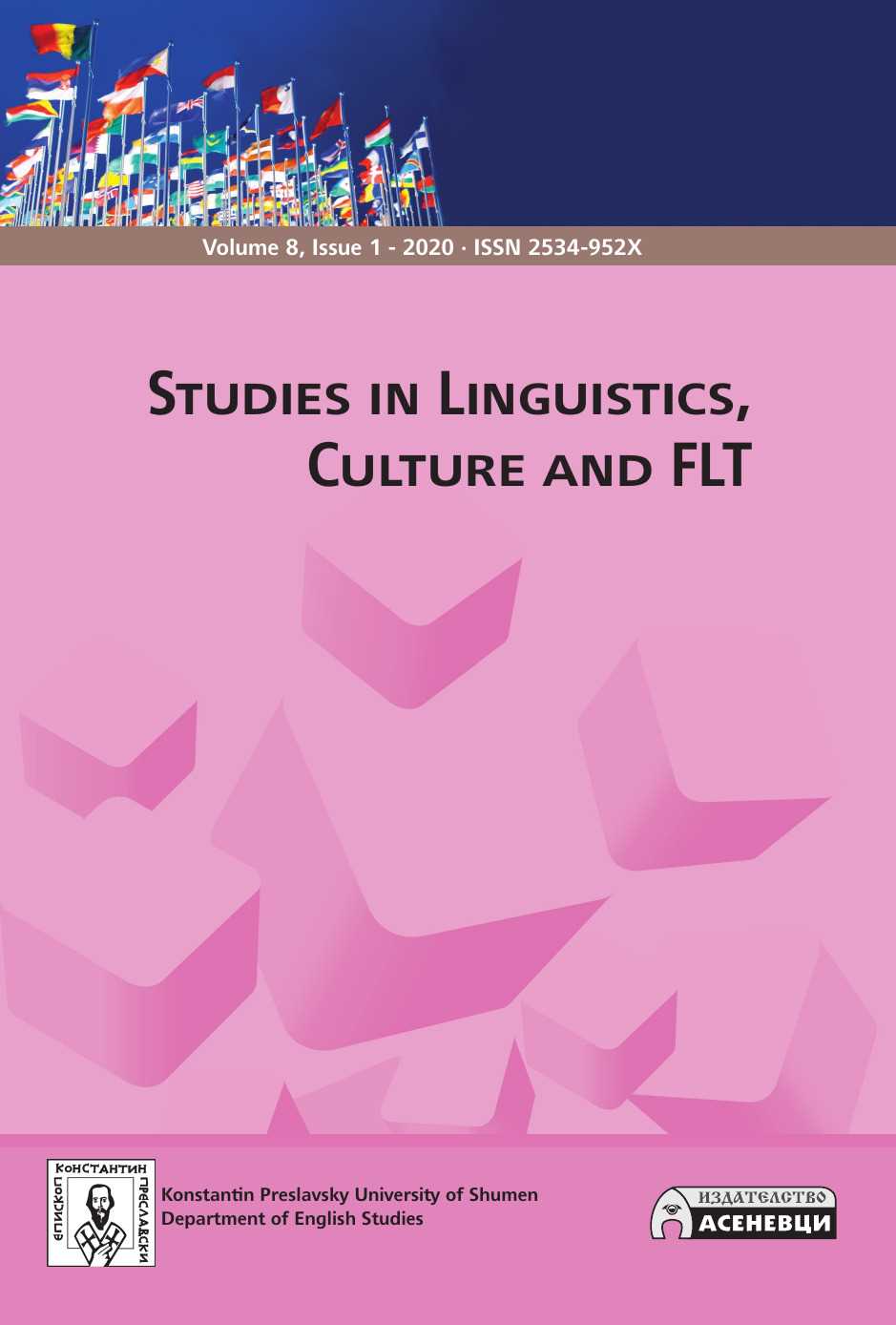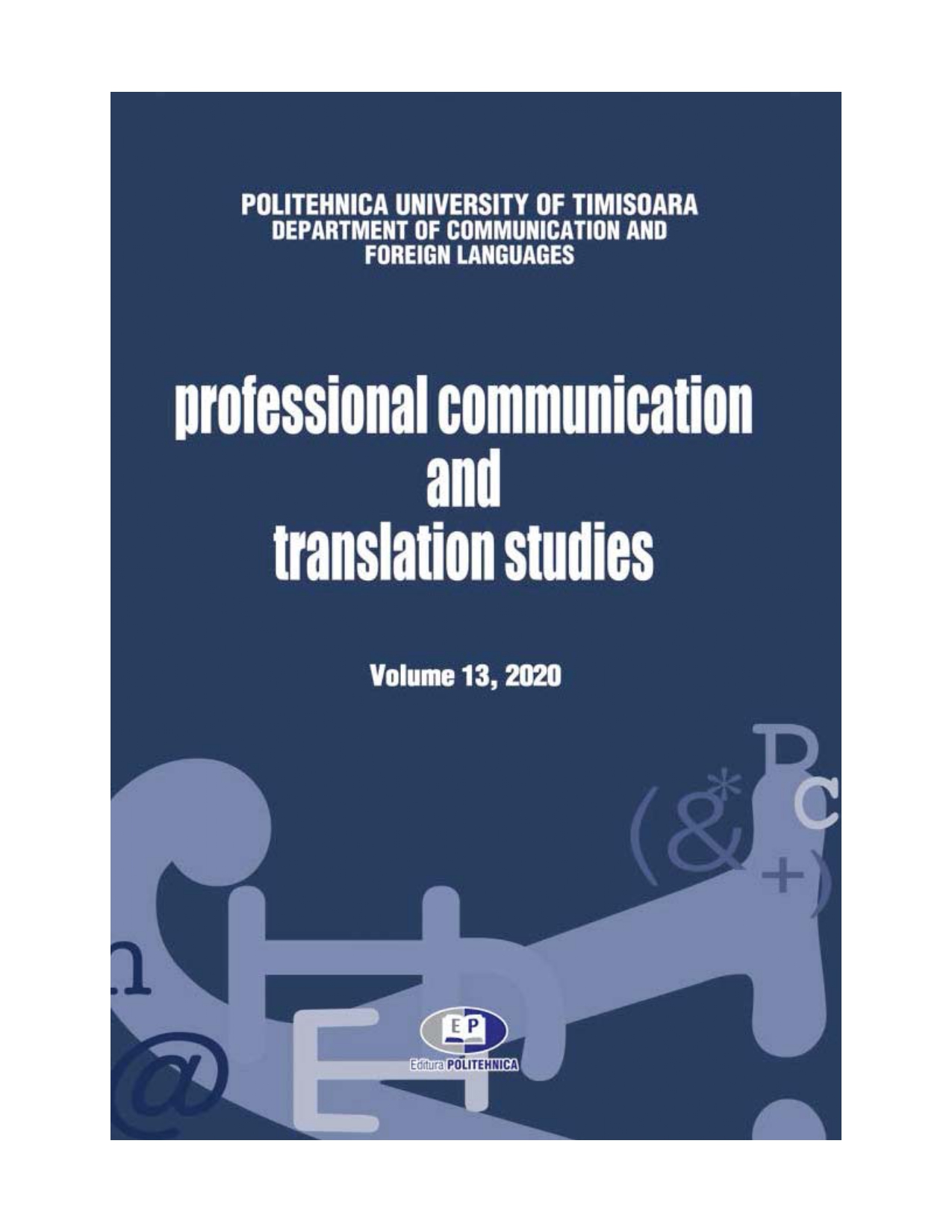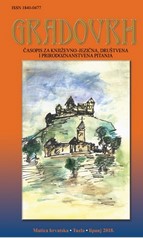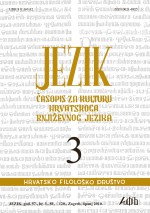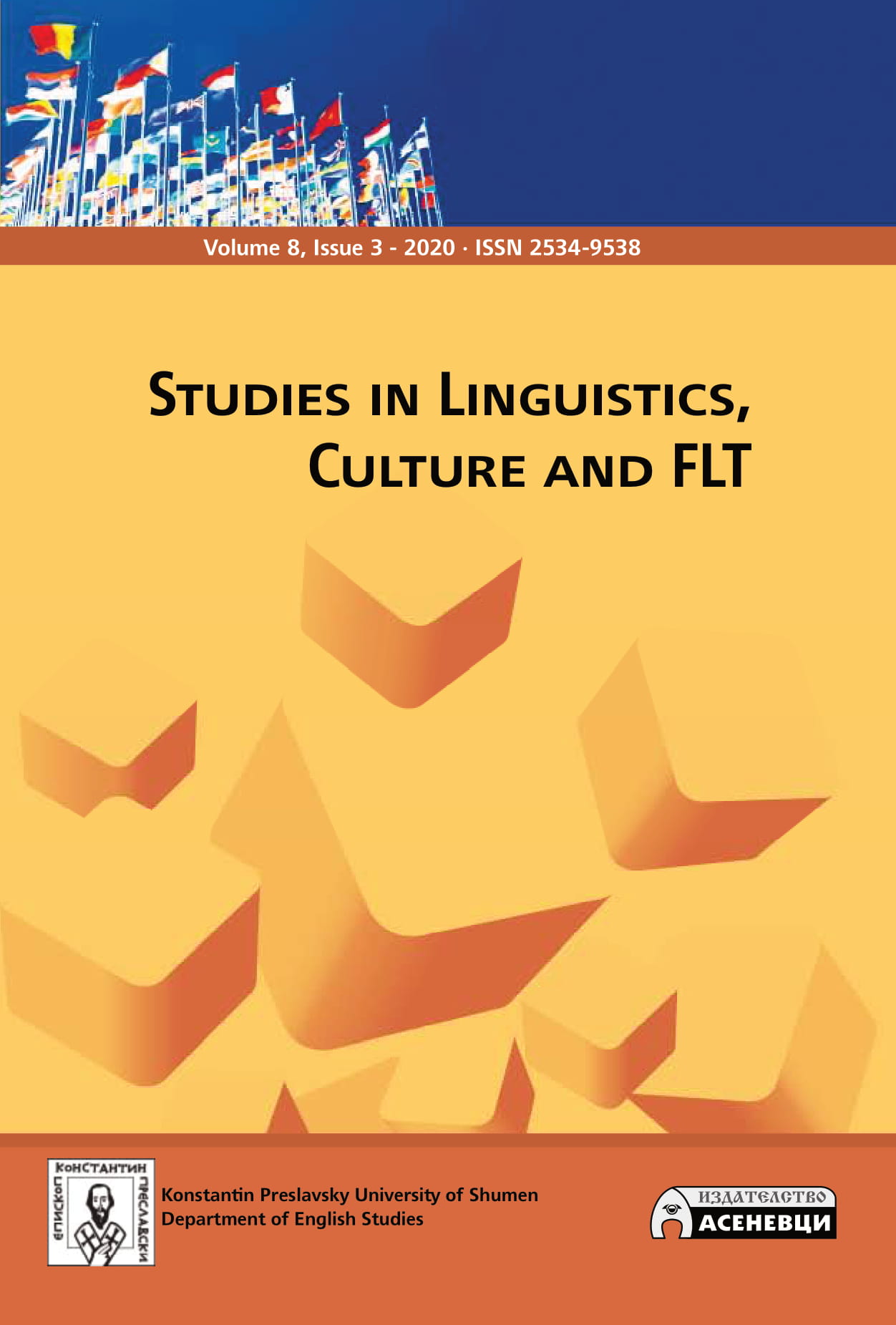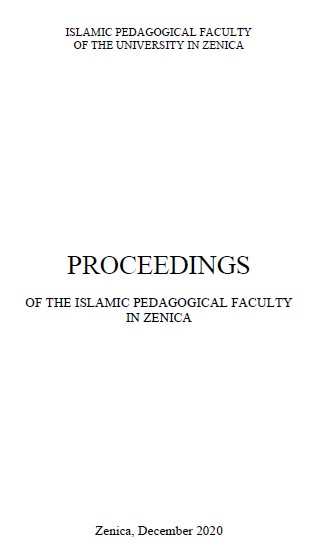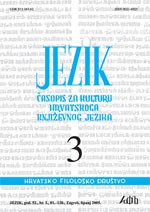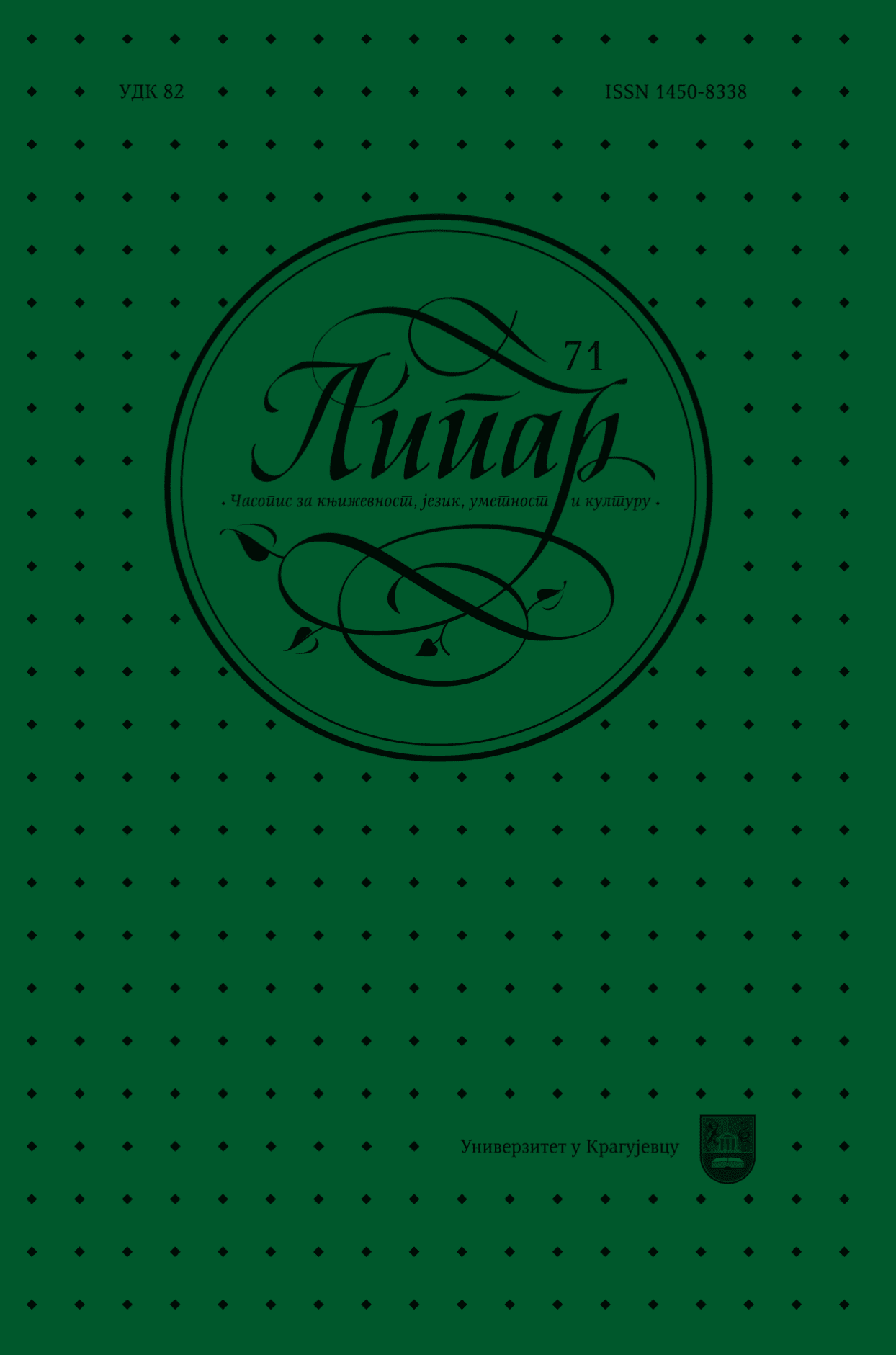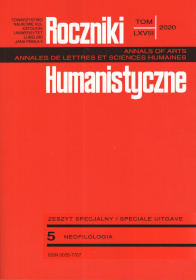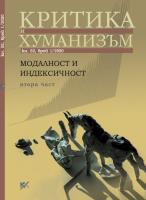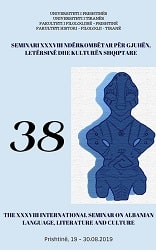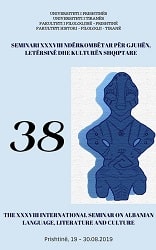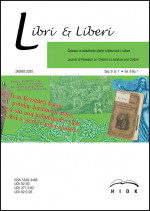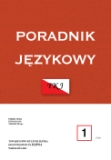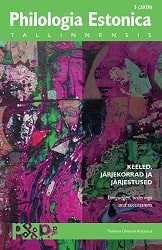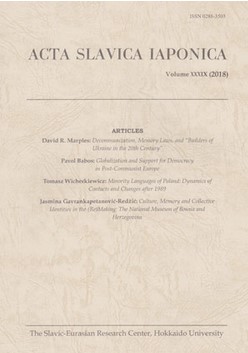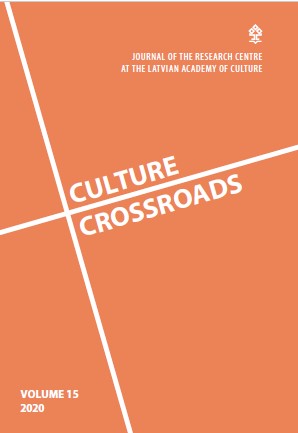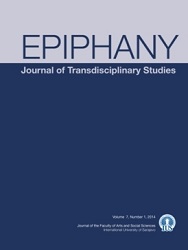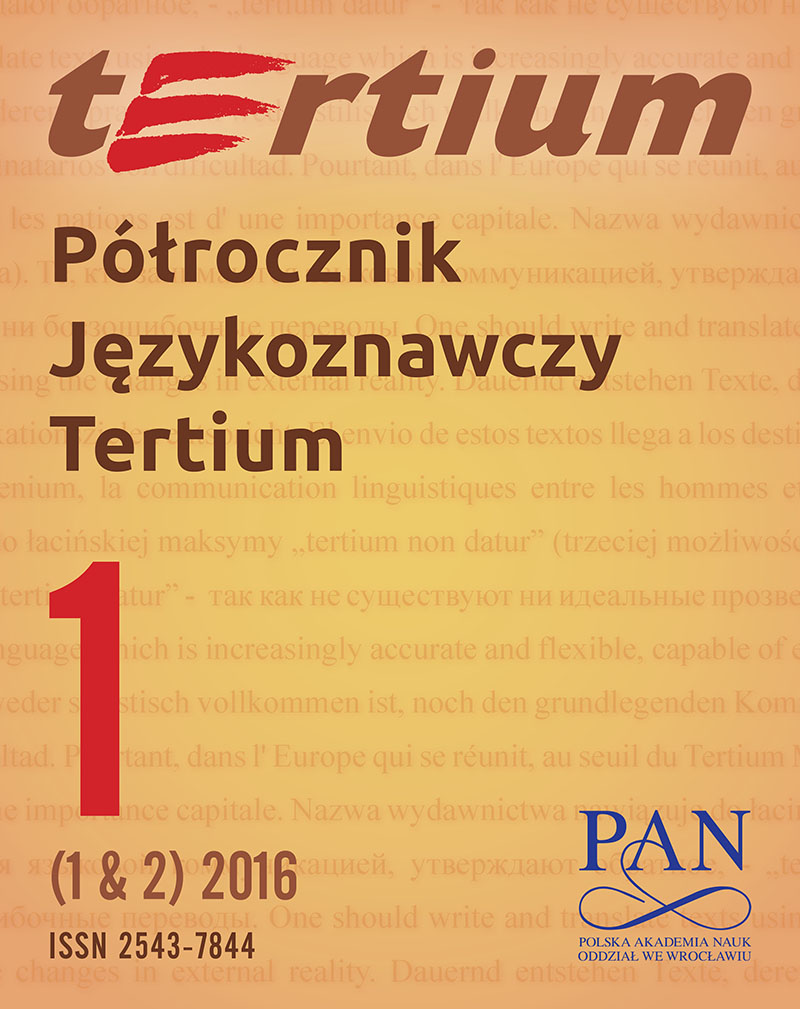EFL Learners’ Invitation Speech Act via Electronic Mail
The aim of this paper is to investigate Iranian email invitations production considering the gender, the distance between the inviter and the invitee, and the representation as independent variables. To this end, 30 EFL learners including 15 males and 15 females at intermediate level were designated to write email invitations in two different situations. Totally, 60 invitation emails were collected and analyzed. The findings, regarding the length of speech prior to the invitation sentence (s), showed that Iranian EFL learners produced words before the main invitation sentence specifically when they know the invitee. For information sequencing, the frequency of [supportive+invitation] was high among males and females; that is Iranians put their invitation after the supportive sentences to enhance their positive face and the invitee’s. With regard to verb usage in email invitations, Iranian EFL learners used ‘want’, ‘invite’ and ‘would like to invite’, mostly the last two (invite/would like to invite).
More...
